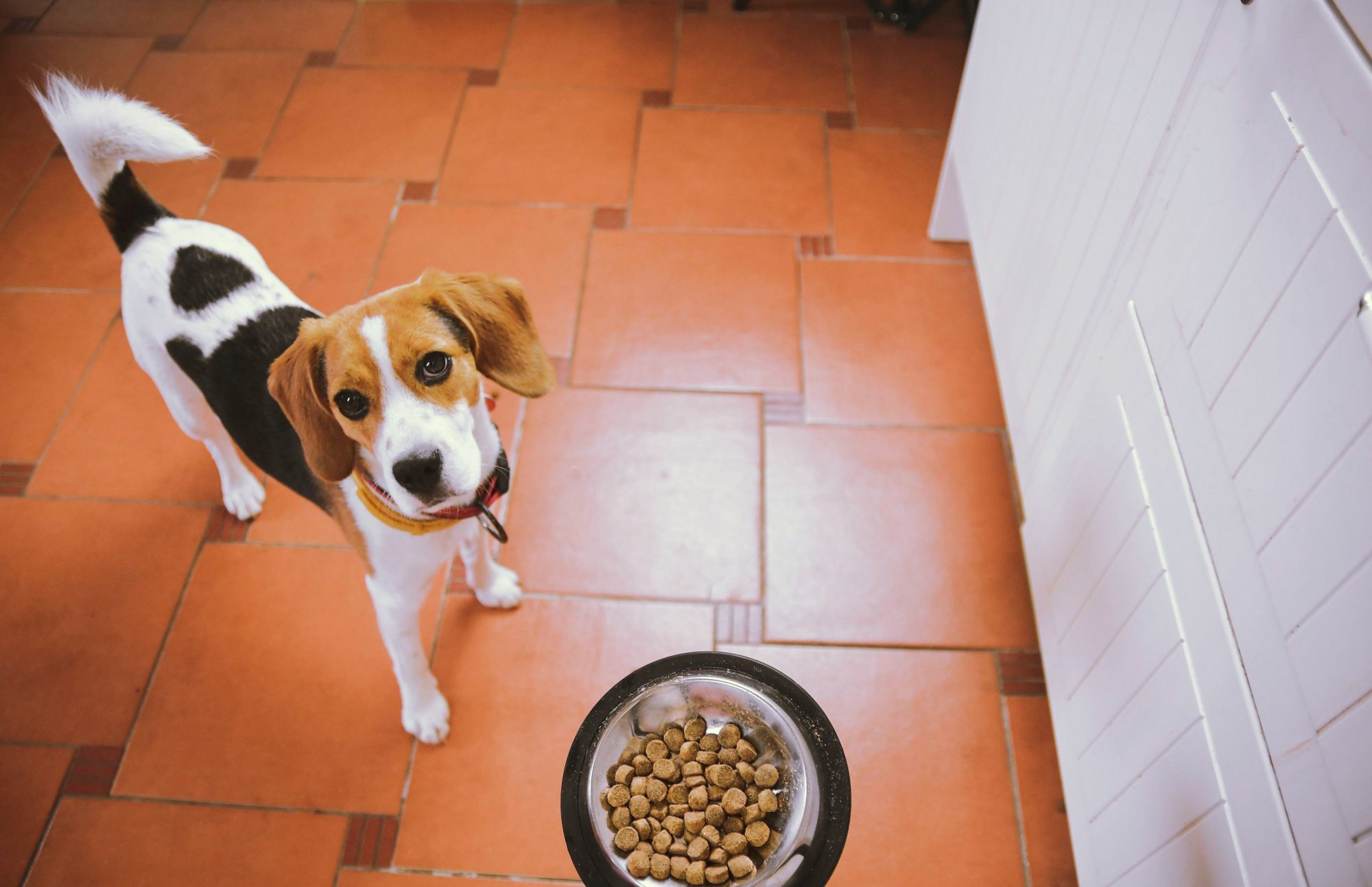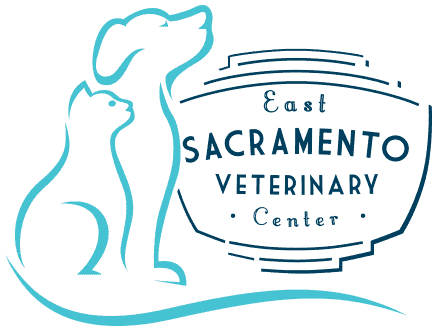Signs, Stages, and Preventing Parvo in Dogs

Parvovirus, or “parvo,” is a very serious and often deadly viral disease seen in dogs. At East Sacramento Veterinary Center, we feel strongly about helping pet owners understand this devastating disease. We hope that through education we can help dog lovers everywhere learn how to prevent parvo. Here are the facts you need to know about parvo in puppies.
Knowing the Signs of Parvo is Important
Understanding what the symptoms of parvovirus in dogs look like is very important so that should your pet become affected, you can seek veterinary attention as soon as possible.
In the early stages of parvo, symptoms can be pretty vague. You might notice things like:
- Lethargy
- Depression
- Inappetence
- Vomiting
- Diarrhea (often bloody)
As the disease progresses, affected animals become more and more sick. Besides severe dehydration from often intractable vomiting and diarrhea as well as fever, parvovirus affects immune cells in the bone marrow. This results in an impaired ability to fight off the virus.
Unchecked, the damage the parvovirus causes to the intestines eventually leads to the leakage of bacteria and other toxins into the bloodstream, which can cause sepsis and shock.
Parvovirus is Very Contagious
Perhaps one of the more scary aspects of parvo in puppies is how contagious the virus actually is. Viral particles in the vomitus, saliva, and feces of an infected animal can remain infectious in the environment for around a year.
Parvovirus is not easily killed and will remain present in the soil and on fomites (objects that can carry disease like bowls, toys, and clothing) without disinfection with a strong virucidal concentration of bleach or other special disinfectants.
This means that places like pet stores, dog parks, or even homes that have housed a pet with parvo previously can be dangerous places for a puppy without full immunity.
Parvo is Preventable
The good news is that parvo is often preventable. After this virus emerged in the 1970s, we were able to develop very effective vaccinations against it.
All puppies should receive a vaccination against parvovirus (and other serious doggy diseases) starting about six weeks of age and continuing every 3-4 weeks until they pass 16 weeks of age. Continuing vaccinations beyond this point ensures full immunity is developed without the potential interference of antibodies received from the mother dog.
Adult dogs should also be periodically vaccinated against parvovirus as part of their wellness care.
Protect your pet by having them vaccinated as recommended by a professional who is utilizing vaccines that are effective (feed store and breeder vaccinations often have a questionable efficacy rate due to storage and sourcing issues).
While it is important to socialize your puppy well, use caution when taking your sweet baby out. Avoid places that have high concentrations of dogs with unknown vaccination history such as dog parks
Parvo in puppies is very contagious and very serious, but we are here to help if your pet is in trouble. Despite everyone’s best efforts, parvovirus infection does not always have a happy ending. Vaccinating your pet, however, and letting us know as soon as you think there may be a problem helps our odds.
Don’t mess around with this devastating disease. We have the tools to help prevent it; please let us help.
